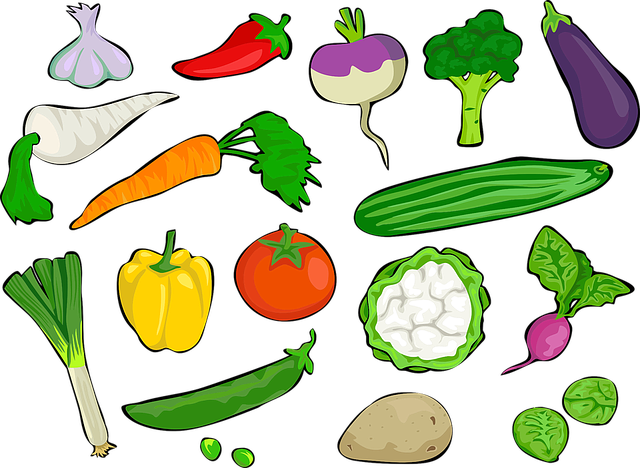Cultivating a Greener Tomorrow: The Benefits of Organic Farming
Organic farming is a shining example of sustainable practices in a society where talk about protecting the environment has become commonplace. Organic farming is not just another fad; it’s a serious effort to care for the environment while meeting our need for healthy, chemical-free food.
The Essence of Organic Farming
At its heart, organic farming is all about being in harmony with nature. It advocates for natural ways of pest control and opposes the use of synthetic chemicals and GMOs.
1. Better for Your Health
Organic produce is healthier because it is grown in nutrient-rich, well-balanced soil. To top it all off, the crop is entirely free of harmful chemical residues.
2. Goodbye to Harmful Chemicals

Crop rotation and companion planting are two of the organic farming practices that are used to control pests without negatively impacting the environment or the food chain.
3. Biodiversity Conservation
Organic farms promote biodiversity by not using genetically modified organisms or synthetic chemicals. Pollinators and native species are drawn to these protected areas, and the ecosystem as a whole benefit.
4. Earth-Savers
Composting, cover crops, and minimal tilling are just a few of the ways that organic farmers promote soil health. This improves the soil’s ability to hold water and defend itself against erosion.
Summing Up
There is optimism in organic farming as the globe struggles with climate change and environmental destruction. It provides a sustainable option for farming while also providing consumers with a healthier option. Organic farming has the potential to lessen agriculture’s impact on the environment, preserve biodiversity, and secure a greener, healthier future for future generations. So the next time you want to nurture yourself and the world, grab an organic apple.

